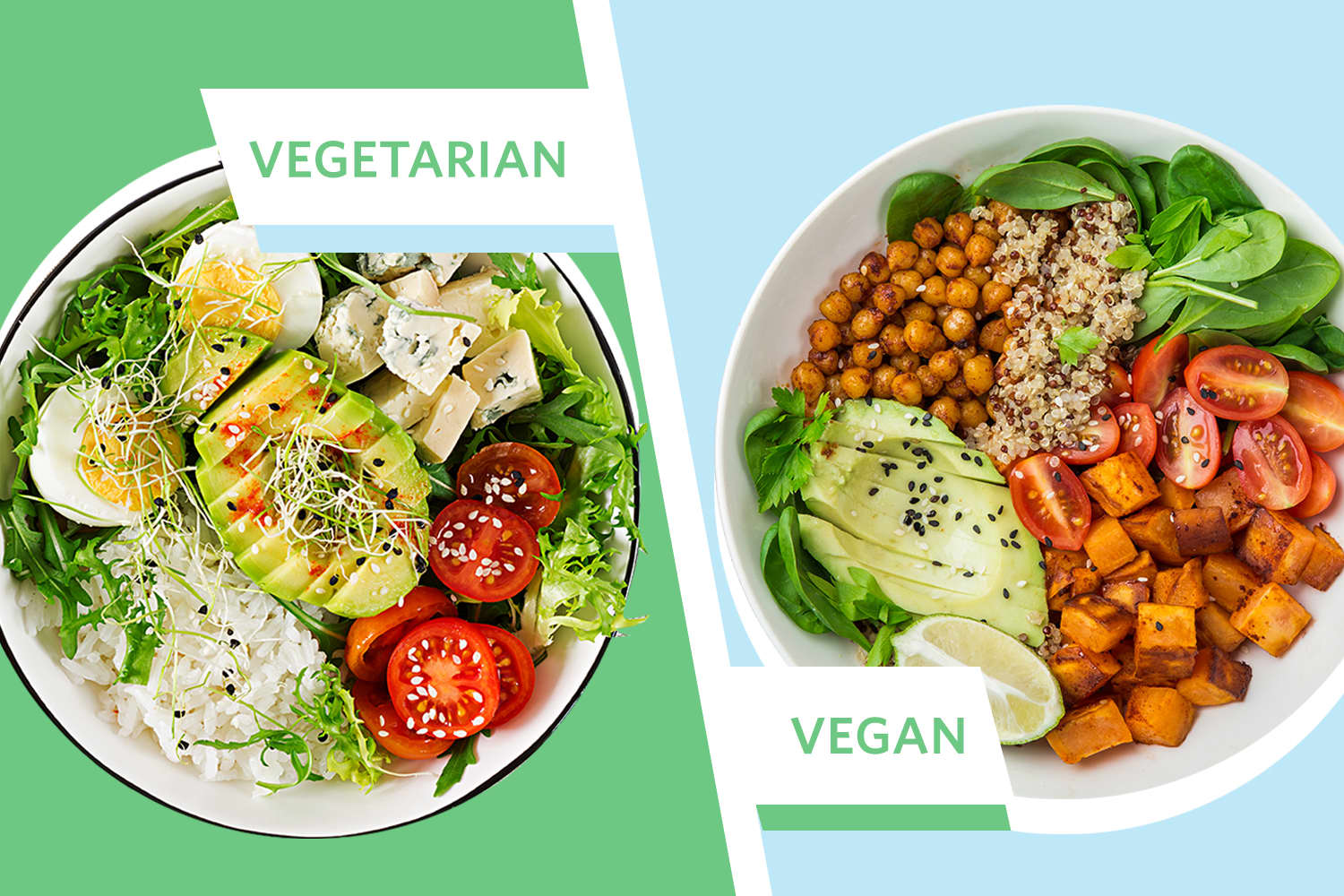Vegan vs. Vegetarian: Nutritional Differences Explained

Vegan vs. Vegetarian: Nutritional Differences Explained
Plant-based diets are becoming increasingly popular worldwide, but not all plant-based lifestyles are the same. While both vegans and vegetarians avoid meat, the two diets differ in important ways — especially when it comes to nutrition. Understanding these differences can help you choose the right path for your health and lifestyle.
What is a Vegetarian Diet?
A vegetarian diet eliminates meat, poultry, and seafood but may include other animal products such as dairy and eggs. There are different types of vegetarians:
Lacto-vegetarian: Includes dairy but no eggs.
Ovo-vegetarian: Includes eggs but no dairy.
Lacto-ovo vegetarian: Includes both dairy and eggs.
What is a Vegan Diet?
A vegan diet excludes all animal products, including meat, fish, dairy, eggs, and even honey. Vegans rely solely on plant-based foods such as fruits, vegetables, grains, legumes, nuts, and seeds.
Key Nutritional Differences
Protein
Vegetarians can get protein from eggs and dairy, while vegans rely on legumes, tofu, tempeh, seitan, nuts, and seeds.
Both diets can provide enough protein when planned properly.
Vitamin B12
Found naturally only in animal products.
Vegetarians may get some B12 from eggs or dairy, while vegans must rely on fortified foods or supplements.
Calcium
Vegetarians can get calcium from dairy, while vegans turn to fortified plant milks, tofu, almonds, sesame seeds, and leafy greens.
Iron
Both diets rely on plant sources like beans, lentils, and spinach, but plant-based iron (non-heme) is absorbed less efficiently than animal-based iron.
Pairing iron-rich foods with vitamin C sources (like citrus fruits) improves absorption.
Omega-3 Fatty Acids
Vegetarians can get some omega-3s from eggs or dairy, but vegans must rely on flaxseeds, chia seeds, hemp seeds, walnuts, or algae-based supplements.
Zinc and Iodine
Both nutrients may be lower in vegan diets, requiring careful food choices or supplements.
Health Benefits of Both Diets
Lower risk of heart disease, type 2 diabetes, high blood pressure, and certain cancers.
Higher intake of fiber, antioxidants, and phytonutrients.
Often linked to healthy body weight and better cholesterol levels.
Possible Challenges
Vegans face higher risk of deficiencies in vitamin B12, vitamin D, calcium, iron, and omega-3s.
Vegetarians may still consume high amounts of saturated fat or cholesterol if they rely heavily on dairy and eggs.
The Bottom Line
Both vegan and vegetarian diets can be healthy, sustainable choices when well-planned. The main differences come down to nutrient sources, with vegans requiring more careful supplementation and planning. Whether you choose vegetarian or vegan, focusing on whole, nutrient-dense plant foods ensures your diet supports long-term health.
